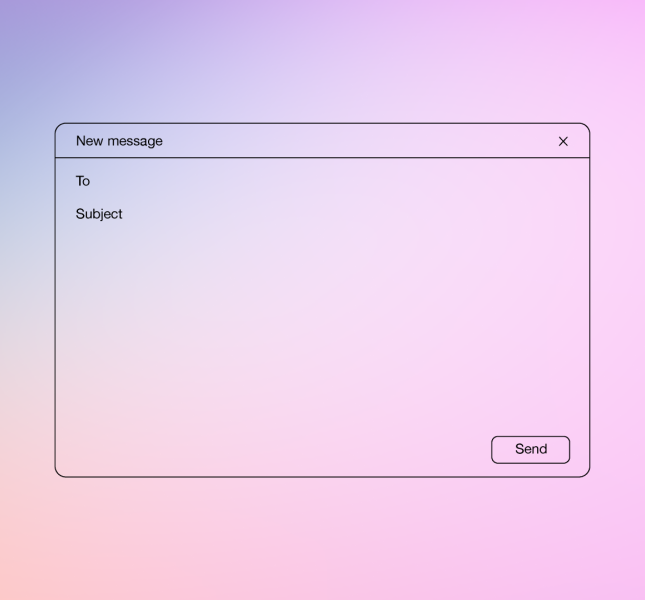How We Overcame Press Censorship with Spotify
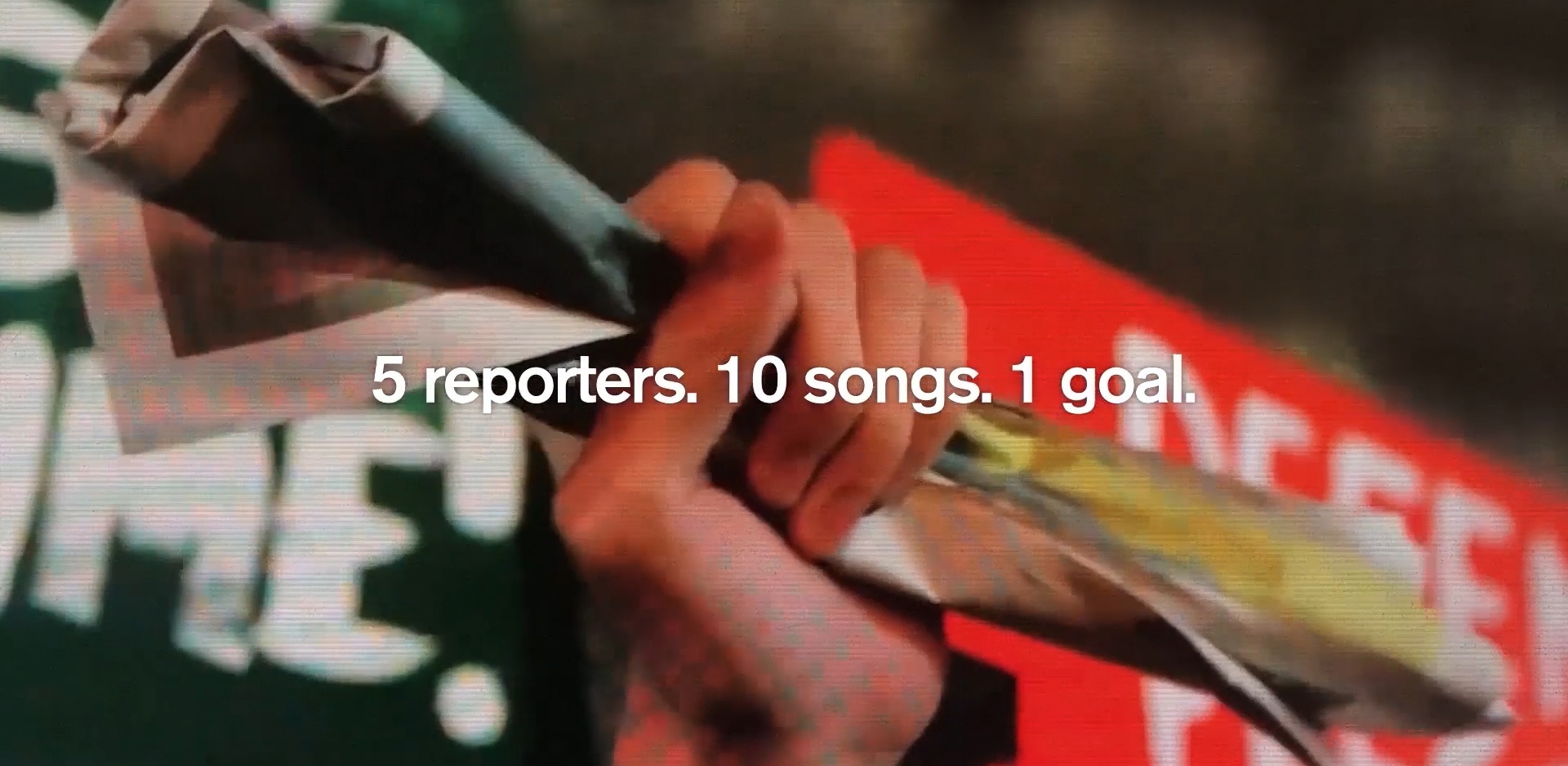
For World Day Against Cyber Censorship, Reporters Without Borders Germany harness the power of music to tell stories in censored regimes with ‘The Uncensored Playlist’.
Reporters Without Borders Germany teamed up with creative agency DDB Berlin to help journalists get their stories heard in countries with strict press controls. How? By making use of a clever loophole in uploading music to streaming platforms filled with stories that would otherwise be censored by regimes in countries like China, Egypt, Thailand, Uzbekistan and Vietnam.
Still, many residents in these press landscapes may find it hard to hear about the project in the first place. To allow the songs to spread their message, they were crafted to be as popular as possible in their native countries.
The idea is that the power of social media — along with the journalists being credited as the artists behind these songs — will act as an extra push to get these songs into the ear of all those seeking truth.
And what about those living in countries who might not be able to access the playlists? To tackle that, songs were uploaded to a variety of platforms, with Reporters Without Borders Germany ensuring that at least one of the streaming services is freely accessible in each of the targeted countries.
Spotify, Deezer and Apple Music are the platforms of choice for the journalists’ fight for truth and you can find the links at the bottom of this article.
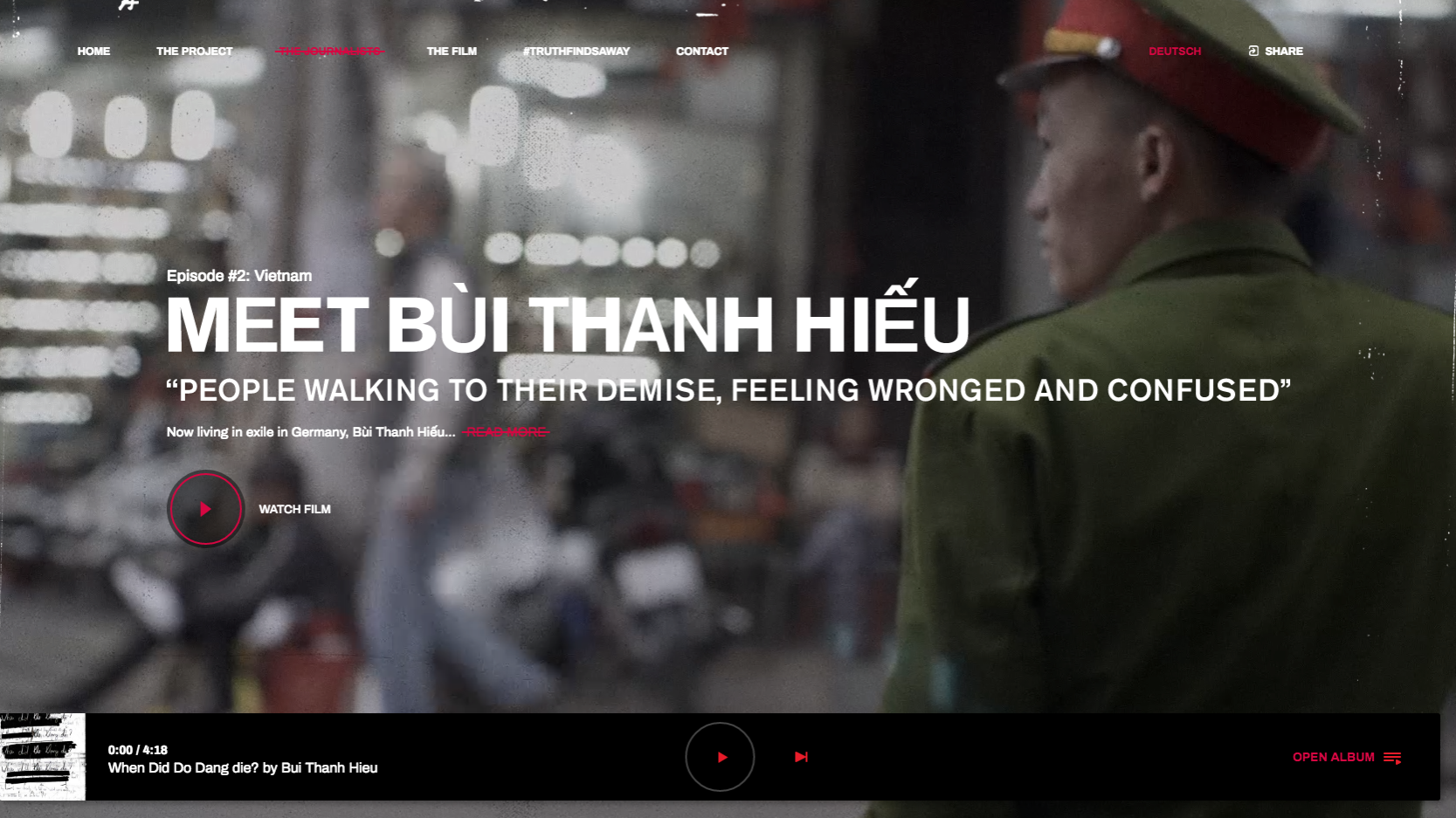
Reporters Without Borders Germany / DDB Berlin
To make these stories accessible for worldwide listeners, the songs are available in both native languages and English.
Reiterating the need to be careful with these types of projects, the music has been released under the names of the journalists — ensuring that local artists are anonymous and completely safe from retaliation due to their involvement.
MediaMonks handled the digital production of the campaign, working with DDB Berlin to craft a website that tells stories of the ongoing journalists’ fight against being censored. All of the songs and stories can be found there.
Listen at:
Or learn more about this FWA of the Day project on the FWA site.
Music has always been a method of protest. From pre-emancipation blues to modern day punk movements involving the likes of Russian trio Pussy Riot, it’s been a way to tell tales and share struggles for as long as we’ve been making it.
And now, Reporters Without Borders Germany have found a new way to use music to bring truth to the people — uploading songs containing censored stories to streaming services like Spotify, Deezer, and Apple Music.
“The Uncensored Playlist shows oppressive leaders all over the world that they can’t silence freedom of information…”
...More than a fundraising or awareness effort, we’re happy to have landed on a unique way — music as a Trojan Horse, of sorts — to allow these censored stories to reach the world.
It’s an ethos we can all share: truth always finds a way. Even more so in this digital age.
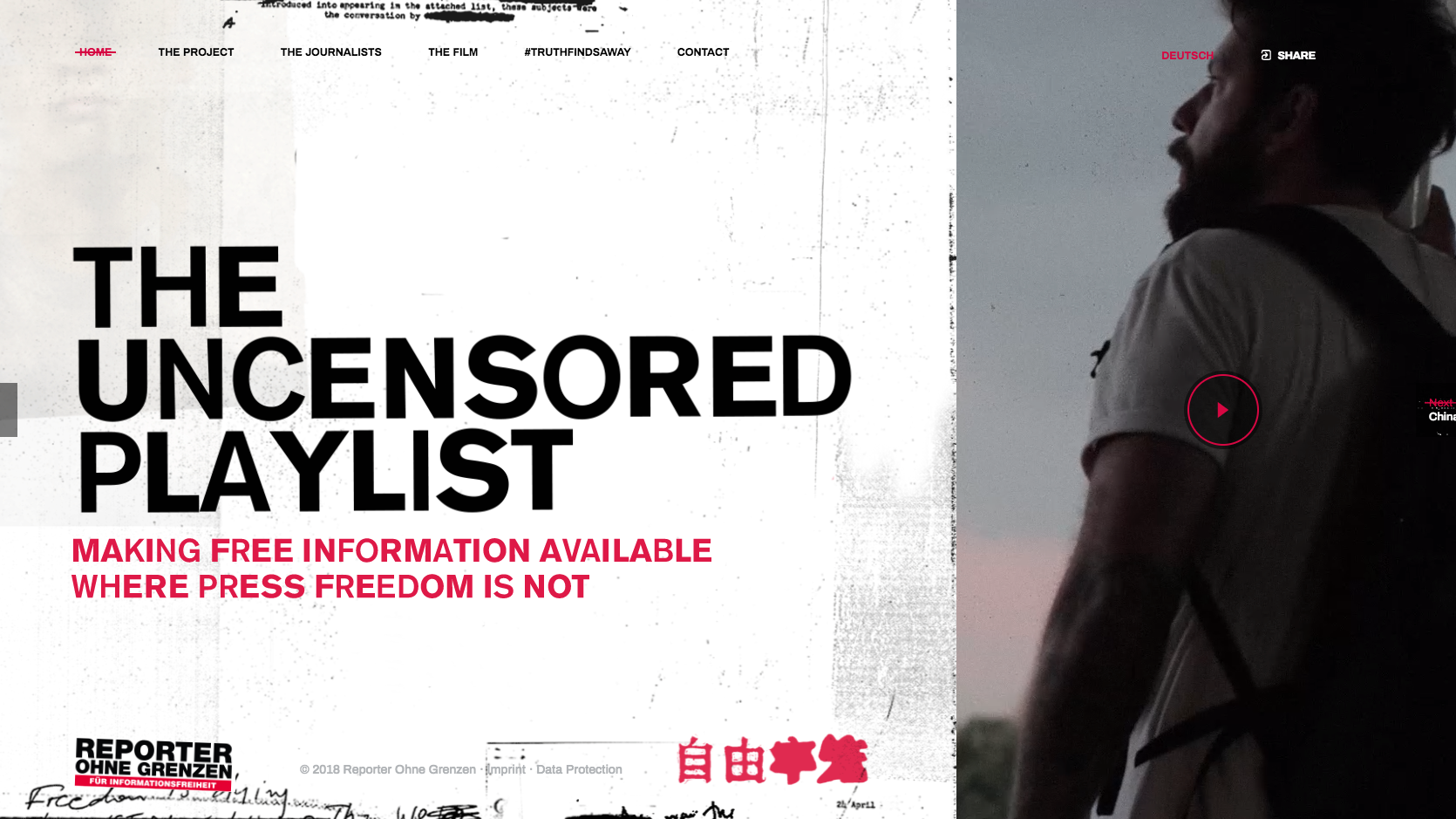
Reporters Without Borders Germany / DDB Berlin
A number of acclaimed journalists from around the world worked with local artists to craft a playlist of songs for each country involved in the project. The stories are then told within the lyrics in the native language of the respective countries.
The five countries targeted with the project have all been noted as areas of strict press censorship by the UN. Many journalists working in these countries fear reprisal if they don’t toe the government line.
Those journalists involved in the Uncensored Playlist? Exiled Chinese journalist Chang Ping, Egyptian journalist Basma Abdel Aziz, members of the Thai network for free journalism Prachatai, Uzbekistan’s Galima Bukharbaeva and Vietnamese blogger Người Buôn Gió (The Wind Merchant).
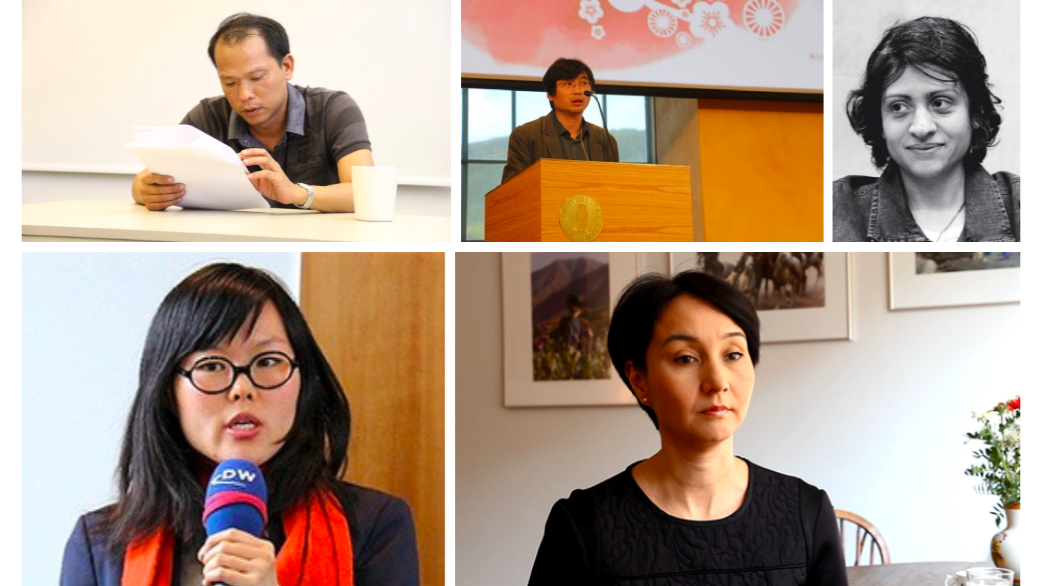
Top row: Vietnamese blogger Người Buôn Gió (The Wind Merchant), exiled Chinese journalist Chang Ping, and Egyptian journalist Basma Abdel Aziz. Bottom row: A member of the Thai network for free journalism Prachatai, and finally Uzbekistan’s Galima Bukharbaeva
These journalists operate in exile from their respective countries. This means none of them are at risk from being part of the campaign. Each journalist has worked with Reporters Without Borders Germany to share their deeply moving stories of press oppression —some of them featuring tales of corruption at the highest levels.
Two news stories from each of the five journalists are inserted within the lyrics of each country’s ‘albums’. Ten stories have now been able to bypass censorship controls in each country.
The local artists that worked with the journalists to transform these stories into songs have all had their names protected with aliases and musical identities being carefully hidden.
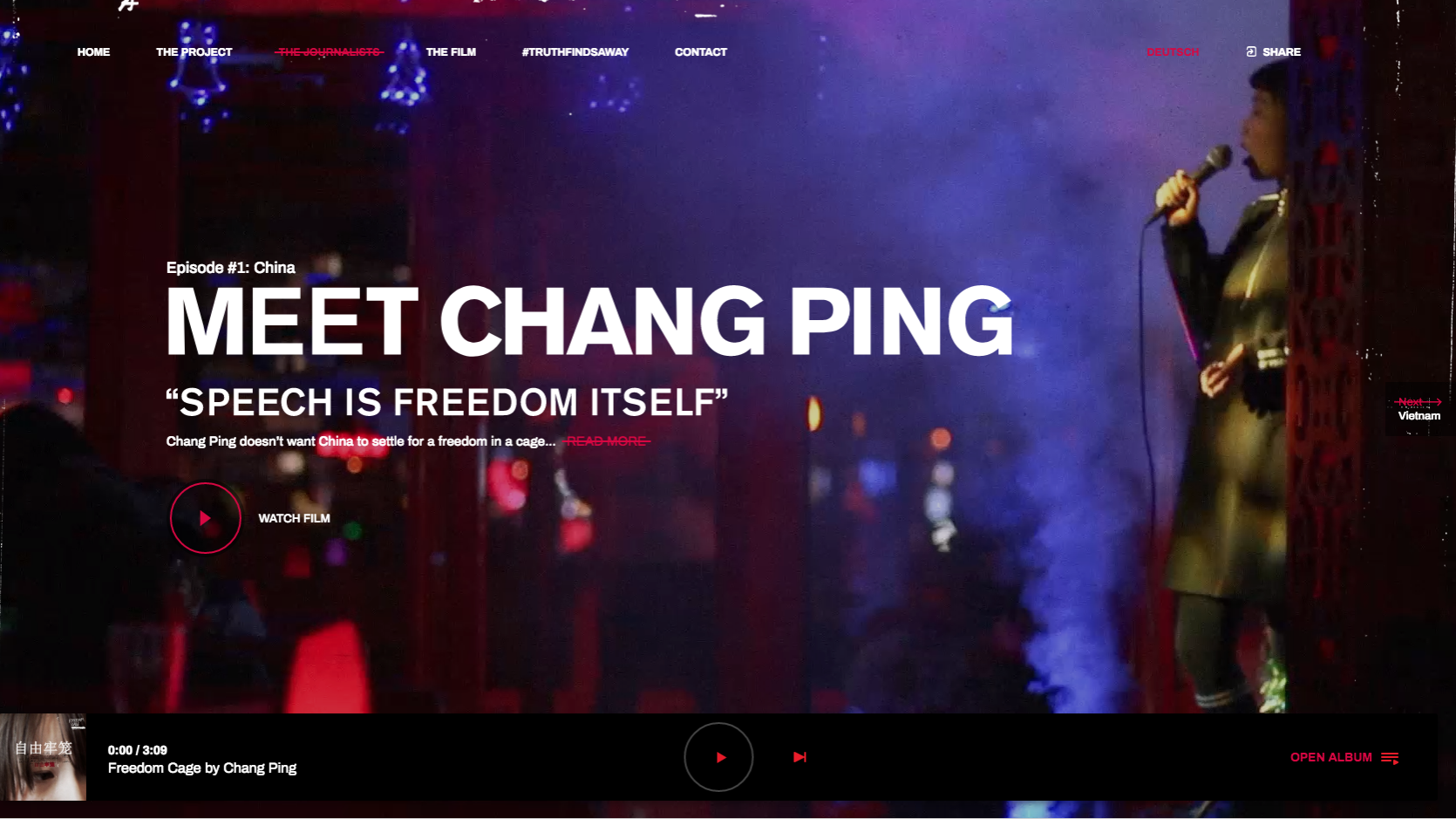
Reporters Without Borders Germany / DDB Berlin
Related
Thinking
-
![A person on a couch holds a smartphone displaying a football game, reaching into a chip bag, with another football game on a TV and snacks in the background.]()
Blog post
The New Playbook to Extend a Sports Spot into a Brand World By Tim Gunter 4 min read -
![A portrait of a woman in profile, facing right, with her blonde hair blurred as if in motion. She wears a black turtleneck against a dark, moody background featuring abstract magenta and purple rectangles and vertical lines. Her face is illuminated, while the rest of the image has a blurred, dreamlike quality.]()
Blog post
What 2025 Revealed About AI, and What It Unlocks in 2026 By Monks 5 min read -
![A pale pink "New message" window with thin black outlines floats against a pastel gradient background of lavender, pink, and peach. Inside the window are "To" and "Subject" fields, and a rounded rectangular "Send" button in the bottom right corner. The window has a simple close "X" icon in the top right.]()
Blog post
Building Email Inbox Trust and Strong Sender Reputation through Disciplined Warming Strategies By Bridget Creach 8 min read
Sharpen your edge in a world that won't wait
Sign up to get email updates with actionable insights, cutting-edge research and proven strategies.
Monks needs the contact information you provide to us to contact you about our products and services. You may unsubscribe from these communications at any time. For information on how to unsubscribe, as well as our privacy practices and commitment to protecting your privacy, please review our Privacy Policy.



